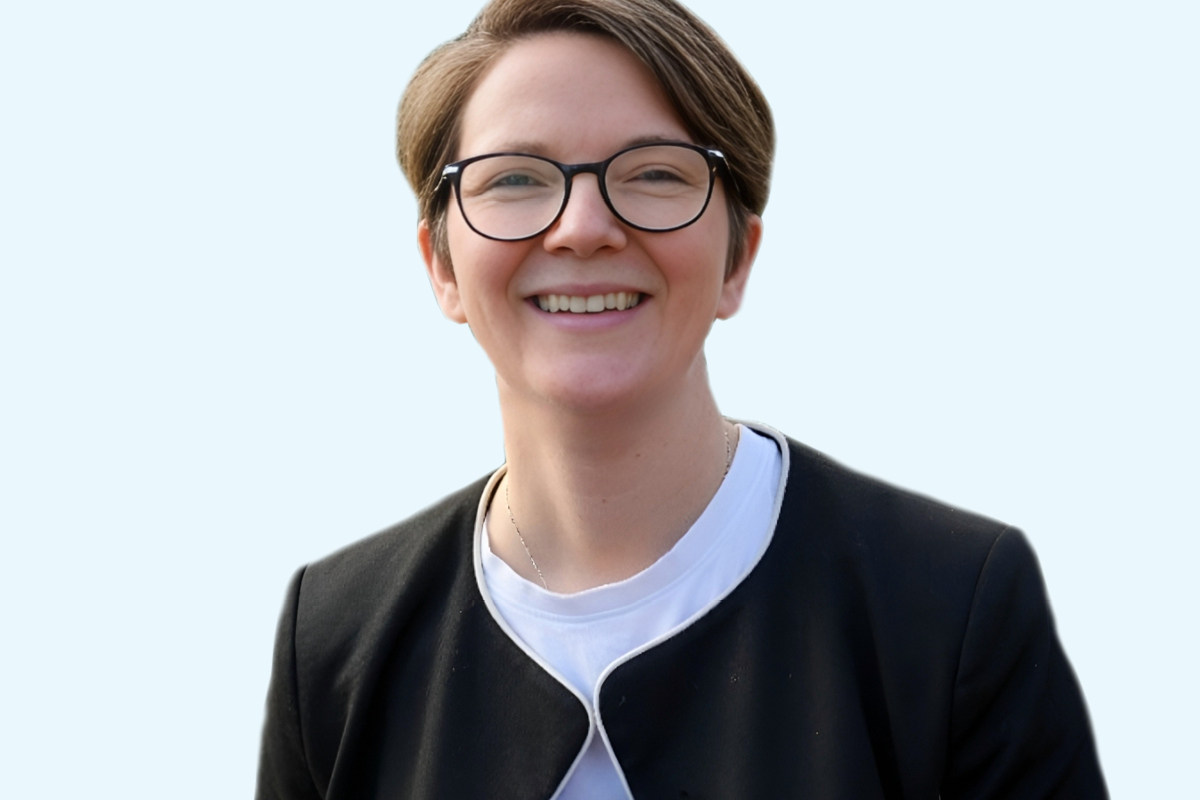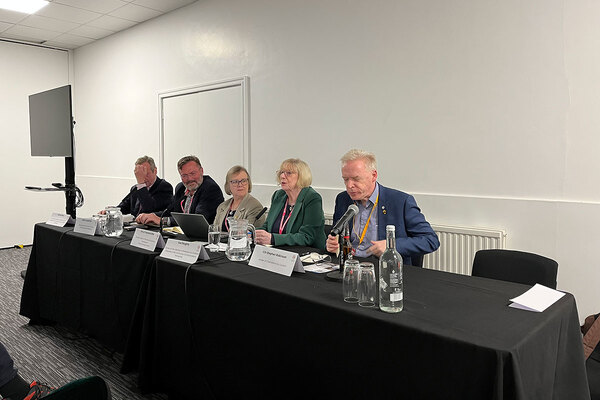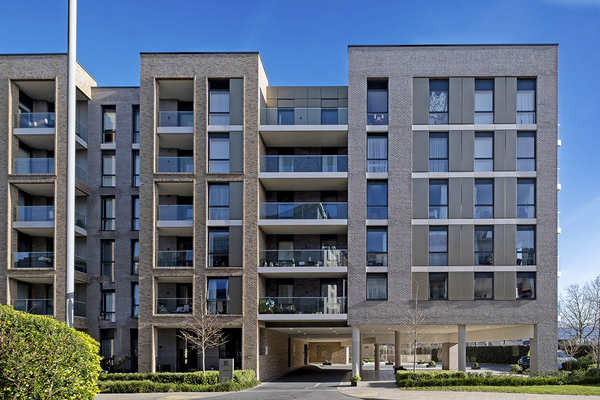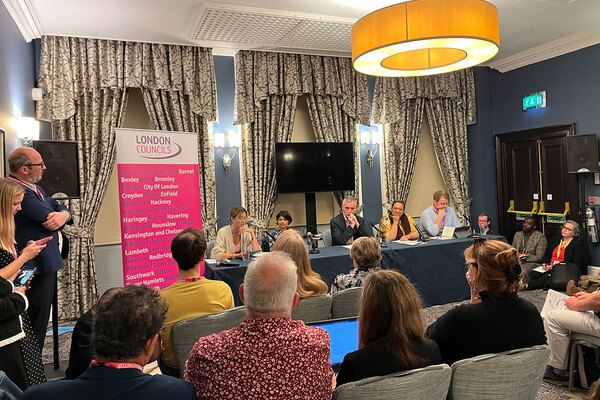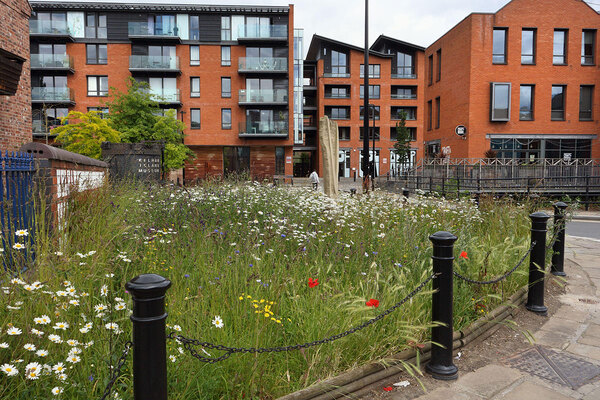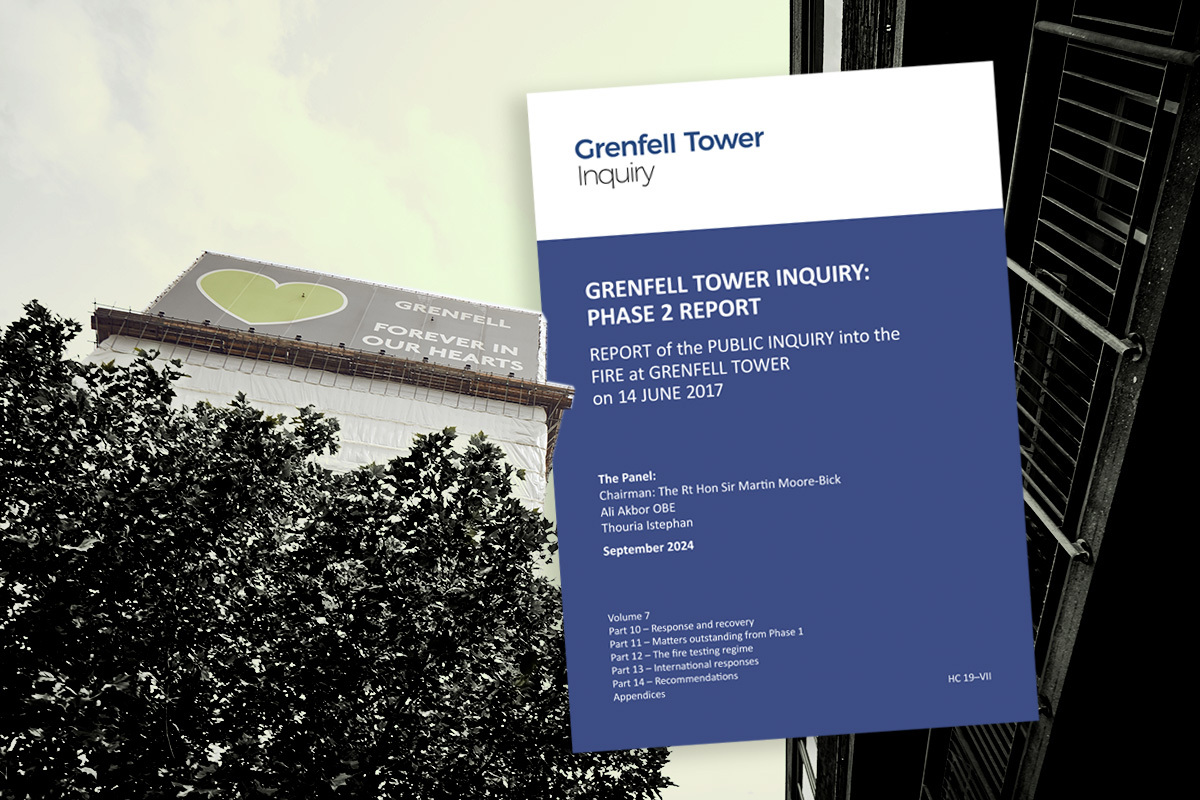You are viewing 1 of your 1 free articles
The government must seriously consider MMC to fulfil its housing pledges
Ali Bennett, executive director of homes at Raven Housing Trust and chair of Building Better, calls on Labour to strengthen its approach to housebuilding by optimising offsite construction methods
Over the past six years, the offsite marketplace has changed almost beyond recognition. I say that as a development director using offsite building methods day to day, but I also say it as chair of the Building Better alliance, where I work with dozens of housing associations, councils and manufacturers to address barriers and grow the use of modern methods of construction (MMC).
It hasn’t been an easy ride, and one market shift everyone knows about is the stream of manufacturer insolvencies. Numerous firms supplying Category 1 volumetric homes have gone into administration in recent years, with glum headlines covering every last bump.
Another industry development that hasn’t been well documented is the dominance of Category 2 MMC delivery, where walls, floors and ceilings are made in factories and assembled on site.
A recent survey of 57 housing associations conducted by Building Better and the National Housing Federation shows that 93% of all MMC completions in 2022-23 used either panelised MMC (Category 2) or panelised and non-structural MMC (Category 2 and 5). Category 1 accounted for just 7%.
As Peter Denton, chief executive of Homes England, reiterated a few months ago, Category 2 MMC is absolutely thriving at the moment. Feedback from colleagues, manufacturers and survey data all back this up.
But with Category 2 now driving delivery, there has been further market changes. Panel manufacturers are smaller and more agile than large volumetric companies. Increasingly, they only want to supply their systems rather than provide a full turnkey service.
As a result, housing associations are turning to traditional construction firms to take the principal contractor role, and the decision to use MMC (or not) is being led, more and more, by contractors or volume house builders, not housing associations.
“When I speak to other development directors, many tell me they now blend traditional and offsite, rather than seeing them as separate”
With new market dynamics come new behaviours. When I speak to other development directors, many tell me they now blend traditional and offsite, rather than seeing them as separate. This mixed approach is something Building Better and Procurement for Housing are tackling with a new framework that supports social housing providers to compliantly involve local, traditional contractors on MMC projects.
Another major development – or revelation – lies in how demand is aggregated. For MMC to be economically viable, there has to be a steady flow of work. Initially, Building Better addressed this by combining demand from members. But over the years we’ve seen how hard this is, due to the lengthy development cycles of different housing organisations and long planning delays.
A more achievable approach is pulling demand together within a housing organisation. This works particularly well when local authorities or housing associations bundle a series of brownfield sites, letting a motivated, entrepreneurial turnkey manufacturer work up which ones can be delivered together.
Despite these market changes and challenges, appetite for MMC remains strong. The State of MMC Delivery survey revealed that for housing associations using both traditional and MMC to deliver homes, roughly a third of all completions and starts were MMC.
If this proportion continues and is applied to the 333,000-home five-year forecast published by the Regulator of Social Housing, it suggests an appetite for nearly 107,000 MMC homes by 2028.
These figures are significant, demonstrating why MMC is vital to building the 1.5 million homes pledged by the new government.
“Modern methods of construction are proven to increase speed and quality, but only with the right government support will volume increase enough to break down barriers and bring down costs”
To achieve the biggest increase in social and affordable housebuilding in a generation, a step change is needed in capacity and productivity.
Modern methods of construction are proven to increase speed and quality, but only with the right government support will volume increase enough to break down barriers and bring down costs.
That’s why we’re calling on the new government to follow its announcement of a taskforce to accelerate stalled housing sites with the reinstatement of a taskforce to fast-track the adoption of MMC.
There are many issues this MMC taskforce would need to address, and innovation is one. Around 30% of all research and development spending in MMC comes from larger, well-resourced Category 1 manufacturers. With the current gravitation towards Category 2, a focus on timber-frame open panels could mean we don’t see so much of the innovation essential for greater productivity. We need a central body dedicated to research, training and promotion of MMC – such as a taskforce – to grasp tricky issues like this.
We’re also asking the government to mirror its restoration of mandatory housing targets with the introduction of mandatory MMC targets. This was something the House of Lords Built Environment Committee’s inquiry into MMC called for, as well as the UK Collaborative Centre for Housing Evidence’s report on lessons learnt from MMC delivery around the world.
Finally, we call on the new government to boost confidence by underwriting the risk of MMC contracts, where appropriate. These three steps will have an immediate and positive effect on MMC delivery, helping to get Britain building again.
Ali Bennett, executive director of homes, Raven Housing Trust and chair, Building Better
Sign up for our development and finance newsletter
Already have an account? Click here to manage your newsletters
Sign up to the Social Housing Annual Conference 2024
The two questions of whether to invest funds in revitalising existing stock or in the development of new affordable homes, and how to raise social housing investment, are inextricably linked.
That is why the Social Housing Annual Conference is now running alongside the Inside Housing Development and Regeneration Summit, giving you the opportunity to gather comprehensive insights to inform your key strategic decisions in just one day.
Join 600 senior leaders with a common vision of funding and delivering quality, affordable homes and places for tenants and residents.

